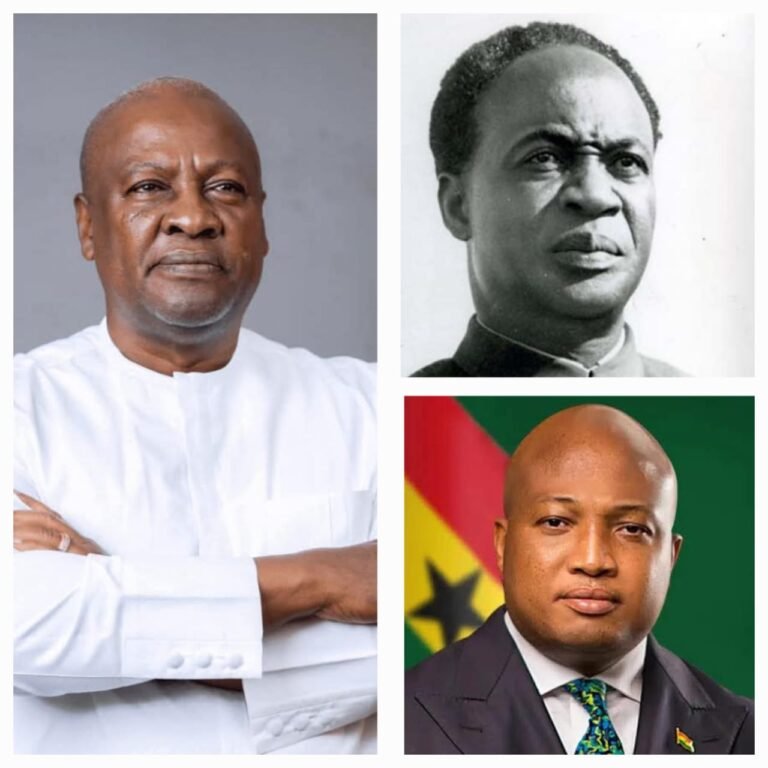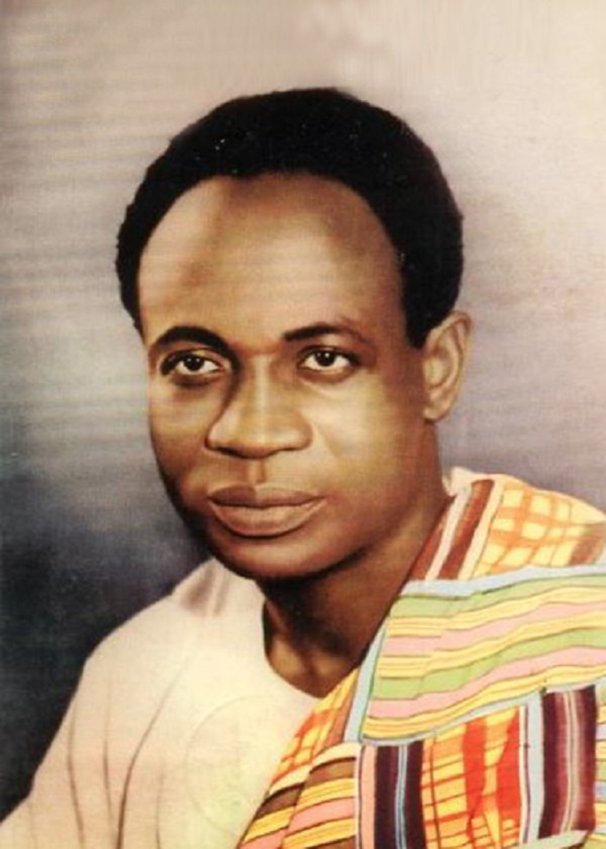
Alan Kyerematen, Trade and Industry Minister
The decision to engage the International Monetary Fund(IMF) on a country programme is undoubtedly the way to go under the current circumstances. A nation coming out of a dire socio-economic crisis occasioned by a mix of COVID-19 and Russia-Ukraine conflict certainly needs a relief to re-organise itself to get back to safer grounds in terms of economic resilience.
That government will need to control expenditure to free resources for strategic sectors is also a key ingredient in attaining objectives of the deal.
Again, that the role of civil society in ensuring that the programme runs successfully is cardinal.
Walking industrialisation
As the NDC, however, begins to spin propaganda contrary to expectations that Ghana would come out with a modest growth based on measures being put in place by government, the Daily Statesman believes there is the need to accelerate the industrialisation agenda.
This is because while we may have secured some gains in food security and enhanced the export sector through the agro initiatives being pursued by the Ministry of Food and Agriculture, the fact remains that we need to do more in concrete terms in effectively creating more jobs to make the desired impact and spur growth.
Inevitably, acceleration in industrialising of the economy is key, with our digitalised systems fairly in place.
Template
While we therefore review the Planting for Food and Jobs and the 1D1F, we will need to get back to the templates in repeating the feat scored under the last IMF programme pursued by this very New Patriotic Party administration in killing the bug foisted on the nation by the erstwhile John Mahama administration.
The records show that no country has been able to develop itself without a framework of effective industrialisation with strong partnerships in terms of investment.
It is on that score that we agree with Trade Minister Kwadwo Alan Kyerematen, who on an investment tour of the US, stated that Ghana cannot succeed as an industrialised economy without the full support and participation of her Diaspora citizens.
Gracious remittances
We may commend Ghanaian citizens working and living outside, who send in remittances that shore up our cedi and help strengthen the economy.
And we have patted ourselves on the back for the impact over the years. This is because, put together, they do some good to the economy.
That is why we commend the Trade Minister for making that admission as a sign of gratitude. Certainly those remittances have increasingly become a source of capital, creativity, entrepreneurship, technology and knowledge transfer.
Ultimate
But we also believe that the Trade Minister hit the nail right on the head when he lauded the establishment of a Ghana Diaspora Public Affairs Collective (GHPAC) as an opportunity to woo diaspora investments into the country to propel growth and development.
Explaining how such a strategy can deliver industrialisation magic, Alan Kyerematen said “harnessing the capabilities and network of Ghanaians in the Diaspora” is necessary in improving the business environment, and enhancing the productive capacity of Small and Medium Scale Enterprises (SMEs).
The benefits, he stressed, is that it spurs export, and facilitates fiscal and non-fiscal incentives for manufacturing and improving access to foreign markets.
Anti-IMF propaganda
In the wake of the NDC’s flying propaganda that Ghana cannot work till after three years and, hence, the need for an alternative government to take Ghana to the next level, it is the Daily Statesman’s conviction that acceleration of the industrialisation agenda needs deep focus.
We also believe that targeting partnerships like the GHPAC is imperative in successfully sailing through the IMF country programme in moving the country towards the government’s industrialisation agenda.







